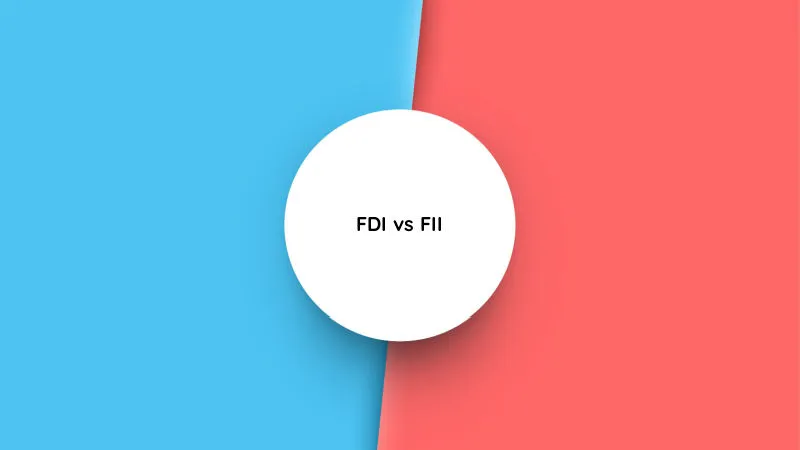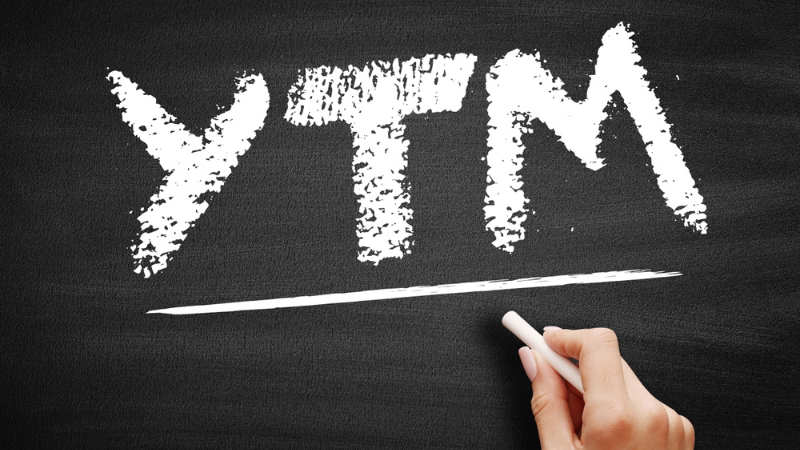
Fixed deposits are one of the most common and popular investment options that are available to Indian investors. It is especially preferred by the older generation. Today there are multiple investment options available in the national as well as international market. However, for many Indian investors, the investment portfolio is incomplete without the inclusion of fixed deposits.
There are multiple reasons for investors favoring the traditional fixed deposits over dynamic investment options like mutual funds, equities, ETFs, etc. Some of such reasons are discussed below.
Benefits of investing in fixed deposits
Fixed deposits offer various benefits to the investors that make them an attractive option despite the lower returns in comparison to the dynamic investment options. Some of such benefits are highlighted below.
Low-risk investment
The prime benefit offered by fixed deposits in comparison to modern investment options like equities and mutual funds is the low risk of the investment. Fixed deposits are considered to be among the safest investment options like Government Bonds. Investors have to make a lump sum investment to start a fixed deposit and can opt for multiple FDs of varying tenures.
Backing of Deposit Insurance
The savings of an investor in banks are backed by the insurance up to Rs. 5,00,000. This implies that if a bank is unable to return the savings of the investor, the investor is assured of their savings to the tune of Rs. 5,00,000 by DICGC. DICGC is Deposit Insurance and Credit Guarantee Corporation, a 100% subsidiary of the RBI. The insurance was earlier up to Rs. 1,00,000 but was increased up to Rs. 5,00,000 post an amendment in the budget of February 2020. This insurance is applicable on fixed deposits too. The investor is eligible to get cover for the entire amount of the FD up to Rs. 5,00,000.
Assured and guaranteed returns
The returns on fixed deposits are free from any market volatility. These returns are fixed in nature. The rate of interest is determined by the bank and is higher than the savings bank account. The bank is obliged to honor the interest payment on the fixed deposits at fixed intervals. This provides investors with the benefit of assured and guaranteed returns which is not the case in equity or mutual fund investments.
Easy access to FDs
With the increase in banking technology, gone are the days when the investors had to personally go to the banks to start an FD or renew it. It can easily be done now through internet banking or mobile banking at the convenience of the investor.
Tax benefits
Tax deductions are another benefit of fixed deposits. Investors can get a tax deduction of up to Rs. 1,50,000 under Section 80C as part of the multiple investments that are eligible under this section. It is to be noted that these tax-saving FDs come with a lock-in period of 5 years. Premature withdrawal is not allowed unless there is a special case like untimely demise.
A relatively liquid form of investment
Many investors have a misconception that the FDs are not liquid investments and investors cannot withdraw the investment until maturity. While tax saving FDs do have a lock-in period, investors can withdraw their FD at any point in time. However, such premature withdrawal is subject to penalties depending on the guidelines of the banks.
Availability of Loan facility
Investment in Fixed deposits also provides the investors with the option to avail a loan against it from the banks. Such loans can be available without any additional eligibility requirements or documentation. The amount of loan that can be sanctioned against the FDs can be up to 85% to 90% of the value of the FD depending on the guidelines of the bank.
A higher interest rate for senior citizens
Fixed deposits are a traditionally favoured investment option for senior citizens. Along with the benefits mentioned above, the additional benefit of investment in FDs is the increased rate of interest for senior citizens. This additional interest rate is anywhere between 0.25% to 0.65% depending on the guidelines of the bank.
The flexibility of interest payment
There are two types of fixed deposits that are available for investors to invest in, namely, cumulative and non-cumulative. Under the cumulative option, the interest on fixed deposits is cumulated and is eligible for earning further interest. The total interest on the fixed deposits is paid to the investor at the time of maturity. Under non-cumulative fixed deposits, the interest is paid at regular intervals. The investor can choose these intervals to be a monthly payout, quarterly payout, half-yearly payout, or yearly payout.
Reasons of preference for FDs over Equities or Mutual funds
Equities and mutual funds have increasingly provided higher returns to investors over the decades. However, these returns are volatile and cannot always be positive. This is one of the main reasons that conservative investors prefer fixed deposits over equities or mutual funds. Some of the basic reasons for preference for fixed deposits are mentioned below
Lack of investor awareness
There is still significantly low awareness related to equity investment or mutual fund investment in the Indian market. There is a rise in the overall investments in these markets but it still has a long way to go. The majority of investors still think it is risky to invest in these markets. Fixed deposits, on the other hand, are among the safest investment options available to investors which makes them a better option for risk averse investors.
Increased risk of investment
The risk of investment in equities and mutual funds is significantly higher than that in fixed deposits. This is one of the main reasons that many investors stay away from these dynamic investments even though they may provide higher returns
Fluctuating returns
The returns on equities and mutual funds are subject to market conditions. Also, the fund or the asset may provide returns higher than the market or lower depending on various factors. Fixed deposit investment, on the other hand, has a fixed interest rate and payment tenure. As the returns are fixed, investors do not have to worry about the viability of the investment.
Risk on capital investment
Fixed deposits provide safety for the principal amount of deposit as well as the interest amount. This benefit is not provided in equities and mutual funds. Investors could potentially lose their entire investment if the market turns unfavourable or if their portfolio is not diversified enough.
How can mutual funds be better than FDs?
Mutual funds are increasingly being favoured over many traditional investment options, especially by young investors. Some of the reasons that make mutual funds a better option than fixed deposits are discussed below.
Possibility of Higher returns
Mutual funds are able to generate higher market returns as compared to fixed deposits. These returns may be volatile but research and analysis of the market trends and the historical data suggest that mutual funds have outperformed the market over the decades. This makes them attractive investment options in comparison to fixed deposits.
Tax benefits
Investment in mutual funds also comes with various tax benefits. There is a special category of funds that help in saving tax like fixed deposits. These funds are ELSS funds which have a lock-in period of three years as compared to the lock-in period of 5 years in the case of fixed deposits. Investors also get the benefit of indexation in long term capital gains on debt mutual funds.
Higher liquidity
Even though fixed deposits are considered to be a liquid form of investment, mutual funds provide higher liquidity. Investors can sell their units at any point in time depending on market conditions or other relevant factors.
Mode of investment
Fixed deposits require the investors to make lump sum investments while in mutual funds, investors have the option to invest either in lumpsum mode or SIP mode. This advantage helps to rope in maximum investors who may not have a huge corpus fund to start FD. Investors can start investing in mutual funds with an amount as low as Rs. 100 in certain funds.
Conclusion
Fixed deposits can be opened with any bank in India and are traditionally favoured by small investors, especially by the older generation. These investments provide decent returns and are safer than equities and mutual funds. The multiple benefits highlighted above make them a preferred investment option for the majority of the population in India and part of their investment portfolio.
FAQs
1. What is the current rate of interest offered by FDs?
A. The current rate of interest (July 2021) offered by FDs is approximately from 5% to 7% depending on the guidelines of the bank. FD interest rate is tied to the repo rate announced by the RBI.
2. What are the types of FDs available in India?
A. The types of FDs available in Indian market are cumulative and non cumulative FDs.
3. Can an FD be renewed after completion of its term?
A. Yes. FDs can be easily renewed multiple times through online or offline banking.
4. What is the tenure of FDs available for investment?
A. Investors can invest in FDs of any tenure ranging from 7 days to 10 years depending on their needs and preference.
5. Can a person withdraw the amount held in a FD at any point of time?
A. Yes. Investors can withdraw from their FD at any point before maturity. However such withdrawal is subject to penalty as per the guidelines of each bank.



























